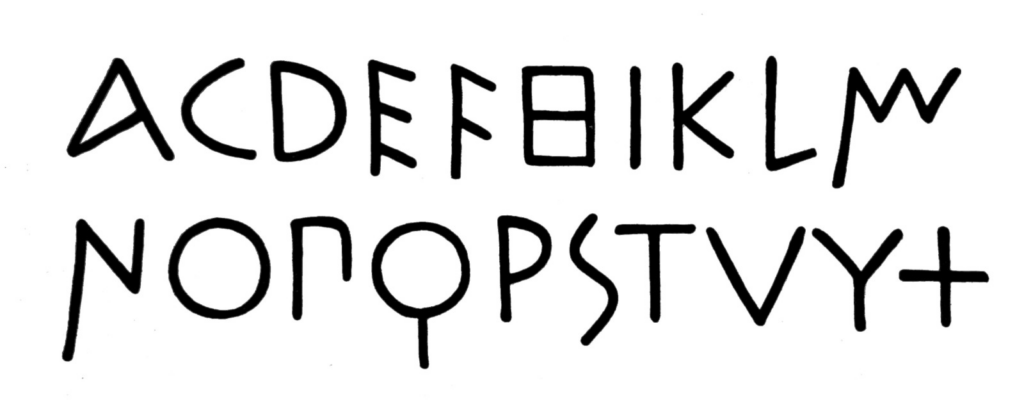In The New York Times, With the Em Dash, A.I. Embraces a Fading Tradition, Nisuh Abebe writes on this summer’s Internet chatter around ChatGPT’s apparent predilection for a perceived overuse of typographical dashes:
As this observation traveled the internet, a weird consensus congealed: that humans do not use dashes. Posters on tech forums called them a “GPT-ism,” a robotic artifact that “does not match modern day communication.” Someone on an OpenAI forum complained that the dashes made it harder to use ChatGPT for customer service without customers catching on. All sorts of people seemed mystifyingly confident that no flesh-and-bone human had any use for this punctuation, and that any deviant who did would henceforth be mistaken for a computer.
Those deviants were appalled, obviously. I am one; I am, even worse, a former proofreader who could speak at length and with passion about the uses of the narrower en dash. I understand very well that this dash-happy lifestyle is maybe atypical, but I had not expected to see its whole existence questioned.
Ugh, I too use dashes and parenthetical statements way too much, even in my emails at work, mostly because that’s how my brain works. Makes me feel like I need to start dropping those entirely, lest I sound like a robot (remember when robot talk was expected to be choppy like Does not compute! or Danger! Danger! — I guess chatbots are our new flowery, overly typographical hipsters…)
See also this excellent essay from last year by Bruce Sterling about other language oddities that can help suss out an LLM’s output: Preliminary Notes on the Delvish Dialect


